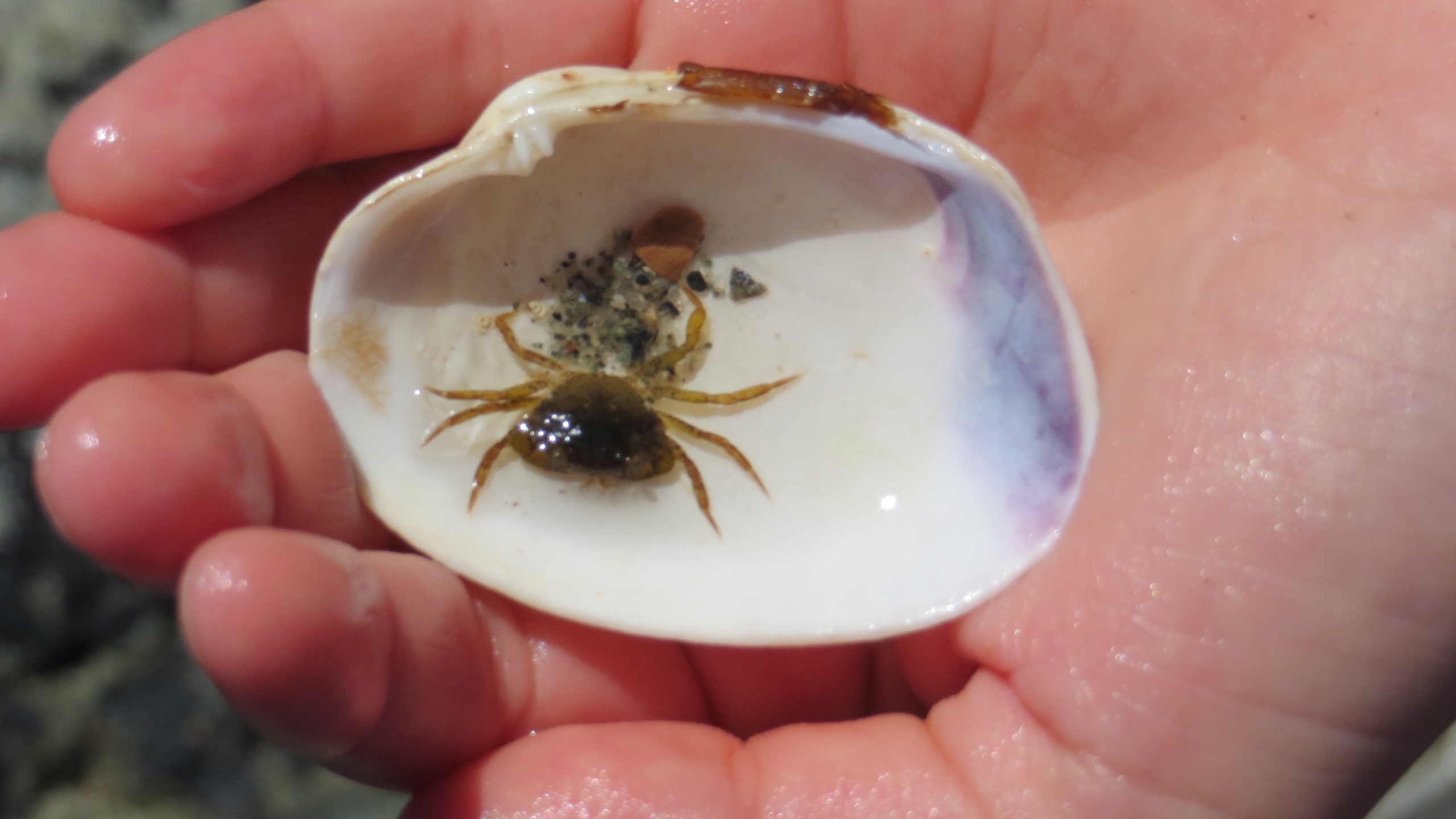Concepts and words
Concepts are your inner imaginings and ideas about something, and words are the labels you use to name your concepts.
Concepts and words are learned in an interwoven process; sometimes the word comes first, and you have to search for a concept to go with the word, other times you create the concept first, and search for the word to cover the concept. Most often it is a parallel process. The basis for learning concepts rests on the fact that children use all their senses as they experience things. They see, feel, taste, listen and smell. At the same time, they experience the referent in an emotional, physical, and cultural context (Høigård, 2006, p. 163).
Children learn words through first-hand experience- that is through direct sensory experience with the referent -or through second-hand experience- that is through other words, explanations, descriptions, and definitions. As adults in conversations with children, we often reach for the words first, we are quick to explain and do a lot of the talking, but it is much easier to get a solid base for a concept through first-hand experiences. That goes for all ages, but for young children especially. That is why we should support and facilitate concept-learning through first-hand, multi-sensory experience to the greatest extent possible while simultaneously or subsequently supporting the concept-learning through use of the correct words for the concept. When you learn a new word, it is just as easy to learn the correct term right away, instead of taking a detour through a “childish” word. It is also possible to learn an everyday term along with a subject-specific term in parallel when they are introduced at the same time as the first-hand experience is unfolding. For young children learning lots of new words and concepts on a daily basis, it is useful if the adult uses context-embedded talk as much as possible (here-and-now-talk), while also labelling things and phenomena, using the language actively and precisely in conversations.
As the more competent conversation partner for the child exploring nature and learning concepts and words, you should:
- Start with the child’s wondering – that way the child “owns” the question from the start, which leads to an experience of a meaningful situation for the child (especially in spontaneous conversations. In semi-spontaneous or planned conversations, you can create an interest in something specific by being excited and interested yourself).
- Let the child experience and explore for themselves – Your role is to be an observer and conversation partner.
- Be interested in what the child is exploring – Focus on the same phenomenon or object over time (this can be with or without using words to talk about what you focus on).
- Let the children talk amongst themselves and with you about their experiences.
- Take time to listen to the child.
- Use the language actively, label things and actions, processes, and phenomena.
- Try to have enough knowledge about natural science to recognise phenomena the child is interested in and find the correct terms. If you don’t know enough at the time when the interest arises, read up on it.
Good conversations about the natural sciences with children can be short yet made productive by engaged and competent adults who share the interest with the child and maintain focus over time. Subjects can also be picked up again, and knowledge accumulated. This will also support the learning of words and concepts.
After exploring and experiencing nature and science, reading about- and playing with the phenomenon or object might expand the concept and word learning and understanding.

